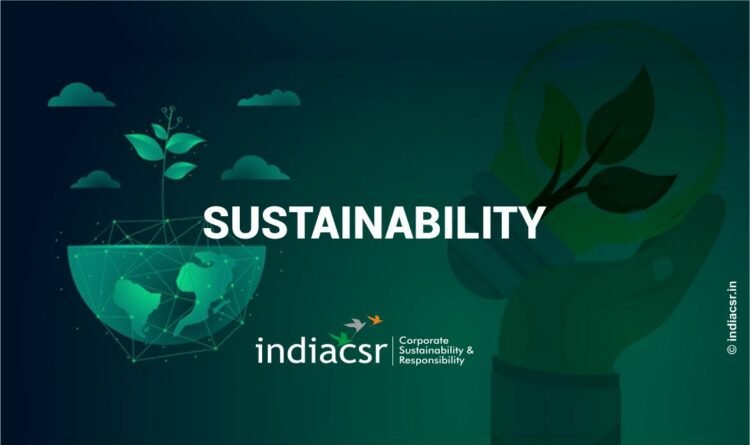CSR compliance in India companies are encouraged to commit to wide-ranging social responsibility.
Sustainability is a word that is frequently used in and outside the business world to emphasize responsibility concerning long-term growth, continuum and stability. In the world of business, it’s an integral part of corporate social responsibility (CSR). CSR is a type of corporate self-regulation where the goal is to contribute back to society through charitable functions, activism and engaging or supporting ethically, sustainable practices inside a corporate organization. In India, there’s CRS compliance for businesses as part of the 2013 Companies Act, where local companies in India can invest parts of profit back into different areas of society through donations or supporting initiatives around gender equality, education or the environment.
Non-Harmful Revenues
Sustainable long-term growth is essential for any type of business. It becomes even more so within the iGaming sector. iGaming is the industry term for online gambling where consumers engage through digitalized casinos in the activity of, for example, sports betting or playing games of chance online. Betting online is a form of entertainment for most gamblers, and only a small percentage develop a problem. In any online casino, responsible gaming is needed from a sustainability point of view.
For the business, it’s paramount that customers can sustain their consumption of gaming products and keep them from developing gambling issues. Besides the business aspects of responsible gaming, there’s a legal obligation to take social responsibility, where the health of individuals with gambling problems and the closest people around them may be at risk. It should be the ambition of every online casino operator to have zero per cent of their revenues arising from harmful gambling.
In relation to sustainability around revenues, online casinos must fight criminal activity through anti-money laundering (AML) initiatives. Both land-based casinos and online casinos in India are famously used for money laundering as part of organized crime. It’s every casino operators responsibility to prevent criminals from disguising illegally derived funds as a source of legitimate income.
Sustainability in the iGaming sector doesn’t stop with responsible gaming and anti-money laundering, per CSR compliance in India companies are encouraged to commit to wide-ranging social responsibility.
Digital Carbon Footprint
Online casino operators can lessen the environmental impact their business has. When it comes to digital companies, it’s often forgotten how large their carbon footprint is in terms of the infrastructure needed to support all the necessary servers to power the digital services and sites related to online gambling. Gadgets and networks have a significant impact on yearly greenhouse emissions around the world. One way a casino operator can reduce their digital carbon footprint is through using more ecological energy, such as wind-powered servers.
Charity
Another way businesses in iGaming can leverage CSR is through charitable donations of funds. This way a casino operator can promote the welfare of other organizations or individuals in society. A popular way to promote both workplace culture and social sustainability is by running a fundraising campaign internally for employees, where the company in turn matches or doubles the amount of donations connected from individual employees. Not only does it have a positive and bonding effect on the workforce, but it also contributes to important initiatives and promotes the company as a responsible, charitable and compassionate business.
Welfare
Sustainable businesses are an integral and vital part of the community in India. Gambling is a form of entertainment and should remain so for everyone. A customer that enjoys gambling and manages their playing well can continue to enjoy gambling as an occasional form of entertainment. The casino operator has a fundamental part in keeping it that way while also taking responsibility in other areas such as the environment and the development of local communities and organizations through active engagement through donations and support. This way, gambling is used for the greater good of everyone, as opposed to being a detriment to society.



















